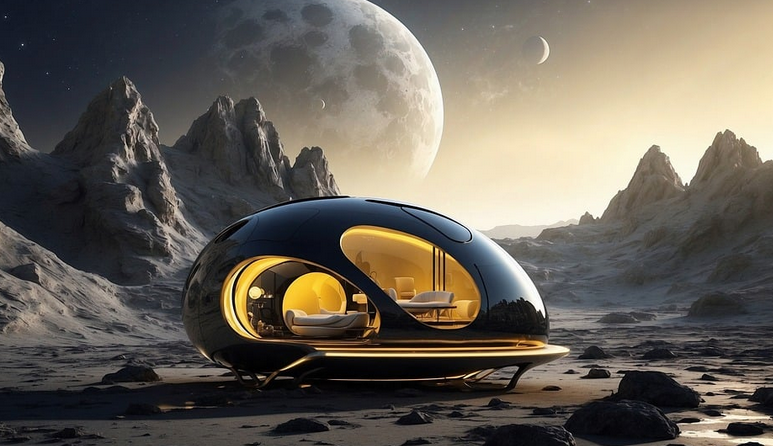What is Electrical Engineering?
Think of electrical engineering as the art and science of transforming energy into something tangible, something that can power our world. It’s about understanding how electricity works – its flow, its resistance, its potential energy – and utilizing it to create amazing things! From your smartphone to your laptop, even your home appliances rely on a deep knowledge of electrical engineering principles.
Electrical engineers are problem solvers who design and develop systems that power our lives. They work with circuits, antennas, microchips, motors, and sensors – all components that harness electricity to create motion, information flow, and more. These skills form the foundation for countless technologies we rely on daily.
What is Aerospace Engineering?
Aerospace engineering takes a step beyond just “electrical” applications and dives into the realm of flight and space exploration. It’s all about pushing boundaries and building things that soar through the skies, defy gravity, and explore new frontiers!
Imagine designing spacecraft for Mars missions, developing efficient aircraft to reach distant destinations, or even creating complex control systems for drones. These are just a few examples of the incredible scope of aerospace engineering. It’s about understanding the physics of flight, aerodynamics, propulsion, and orbital mechanics – all key to building truly remarkable machines.
The Intersection: Electrical and Aerospace Engineering
Aerospace engineers often rely on electrical systems to implement their grand designs. The engines that power a plane need electric components for ignition, control, and monitoring. Similarly, satellites utilize complex communication and navigation systems powered by sophisticated electronic circuits designed specifically for this purpose.
Think of it like this: the sky is the limit for both fields, but they’re intricately connected through electricity! This shared passion lies at the heart of what makes these disciplines so exciting.
Key Skills and Career Opportunities in Aerospace Engineering
Aerospace engineering demands a unique blend of technical expertise and creative problem-solving:
- **Problem Solving:** You’ll be tackling complex challenges, from designing robust aircraft structures to ensuring safe autonomous vehicle navigation.
- **Analytical Skills:** Understanding the principles behind aerodynamic forces, propulsion systems, and orbital mechanics is crucial for successful design.
- **Engineering Design:** Developing innovative solutions through the use of software tools, 3D modeling, and simulations is a key skillset in this field.
- **Teamwork:** Aerospace projects often involve large teams of engineers collaborating to bring a product to life.
A career as an aerospace engineer offers exciting opportunities:
- **Research and Development:** Contribute to cutting-edge technologies like hypersonic vehicles, space exploration, and advanced air traffic management systems.
- **Aircraft Manufacturing:** Design and build aircraft that are safe, fuel-efficient, and perform better than ever before.
- **Satellite and Spacecraft Development:** Contribute to the advancement of humanity’s understanding of our solar system and beyond.
The Alluring World of Aerospace Engineering: A Journey Worth Pursuing
If you’re fascinated by flight, the vastness of space, and the potential for groundbreaking innovation, then aerospace engineering may be your calling!
The journey from electrical to aerospace engineering can be a rewarding one. You’ll delve into a world where imagination meets practical application. You’ll work on projects that change lives and push the boundaries of human achievement. It is about challenging yourself and making a real impact on our world.
How can you transition from electrical engineering to aerospace?
Here are some avenues to help you bridge your expertise into the realm of aerospace:
- **Specialize in Avionics:** Focus on developing electronic systems for aircraft and spacecraft.
- **Explore Aerospace Robotics**: Develop robots that perform tasks in challenging environments like space or extreme weather conditions.
Consider pursuing a specialized master’s degree or even a Ph.D. in aerospace engineering to solidify your knowledge and open doors to groundbreaking research opportunities.
The intersection of electrical and aerospace engineering is incredibly exciting. It offers a compelling blend of technical expertise, creative problem-solving, and the opportunity to work on projects that truly change our world. If you’re passionate about flight and pushing the boundaries of technology, this journey could be exactly what you’ve been looking for!
